Date: 8 April 2015
A recent decision by General Motors to abandon the Russian market by closing its plant in St.Petersburg before the summer has caused an uproar. The plant, which opened in 2008, employs about 1,000 people and produces the Opel and Chevrolet cars. This difficult decision should be considered in light of the 38% plunge in sales of imported cars. The underlying mistake of the General Motors operation was probably to localize only 25% of its production, remaining in the grip of the high costs of imported components after the fall of the ruble..jpg)
The decision is due to the crisis that began between late 2008 and early 2009, and further aggravated by a combination of two different factors: collapsing oil prices, with a drastic reduction in currency earnings, and international sanctions following the Ukraine crisis, which blocked access to credit and most importantly to technologies for Russian business people. This worsening situation has weighed on the ruble, which has continued to fall triggering a sharp increase in the inflation rate that now stands at almost 15%.
As a result of the very negative situation, the main international ratings agencies have downgraded Russia to almost “junk” status: high risk with a negative outlook, that is, with poor economic prospects..jpg)
This comes as a strong warning for western companies in Russia or those exporting to the country. On the eve of Mir Stekla we spoke to Alessandro Fenzi, who heads the Fenzi group which opened a new manufacturing plant in Lipetsk in 2010.
Mr. Fenzi, the Russian market is in great difficulty, the ruble is very low and the economy is being suffocated by the credit crunch. How is the Fenzi group fighting this situation?
Fenzi’s strength is that it is a global group, with 10 plants around the world: as a result it is easier to deal with problems in either this or that market. Now it is Russia, and Italy too in different ways. Before it was other countries which turned their backs and then started growing again. These are cycles that tend to repeat themselves.
Does the fact that you have localized a large share of your production safeguard the Fenzi group from the falling ruble?
Being local always gives you an edge, in either positive or negative situations: when things are going well you can monitor the market closely, when they are not so good you are better prepared to fight the difficulties. Most of our production costs are in rubles, and as such are not exposed to fluctuating exchange rates. If we were only exporting to Russia we would now be looking at the short-term situation and asking ourselves if we should stay. Instead in this way we can be more relaxed and consider the medium-term prospects.
Has there been a slowdown in the demand for quality products and a greater focus on price?
As always, when the economy is not performing well, people are price-sensitive. There is always a market bracket that wants quality, but when daily survival comes into play, there is unavoidably less concern about having durable products.
How have you managed to ward off local competition?
During a liquidity crisis, we are definitely more covered than our local competitors. As I said before, we work with more than one market, and therefore are undoubtedly less impacted than companies that rely on the Russian market alone.
What is Fenzi’s best-selling product in Russia?
The locally-made products, the sealants and profiles for IG units. However, the products that we export to Russia also come from Tribiano and our other plants in Europe.
What can we legitimately expect from Mir Stekla?
Russia occupies the largest surface area in the world and has a population of almost 145 million people. It has experienced strong periods of growth and is now going through a critical moment, but will recover however, as cycles in other countries have shown. The world never stops, it just keeps moving on. We will be our same confident selves at Mir Stekla as always.

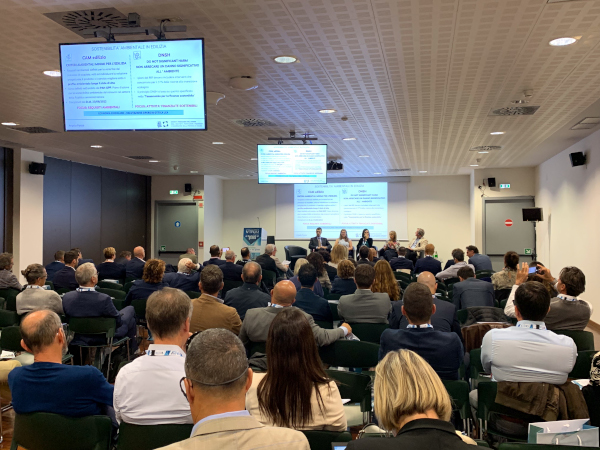
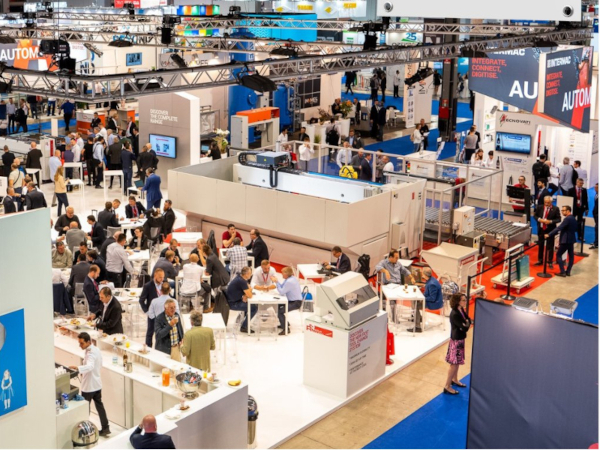
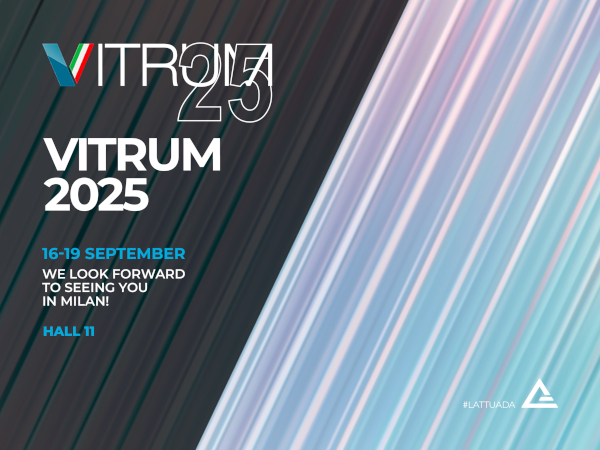
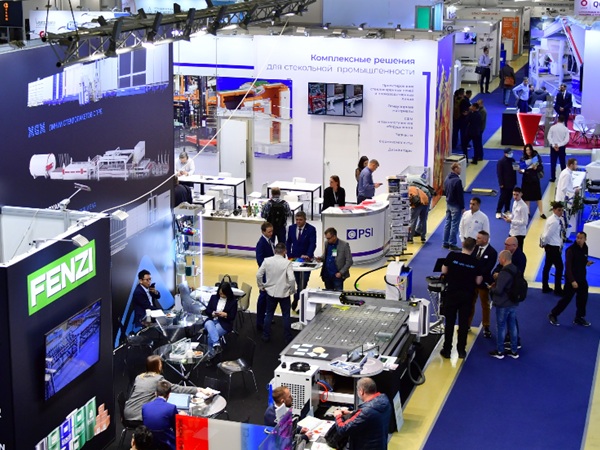
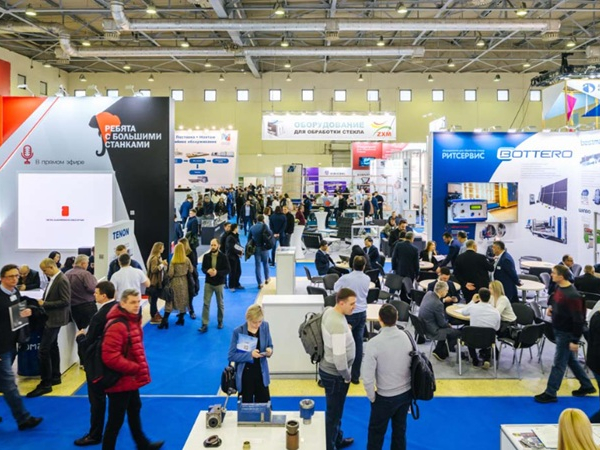
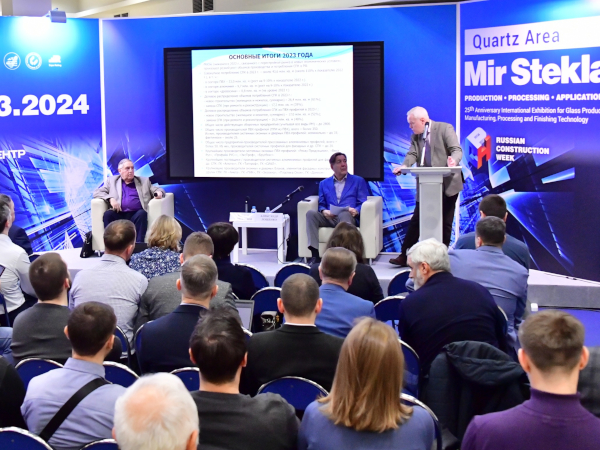
Add new comment